News
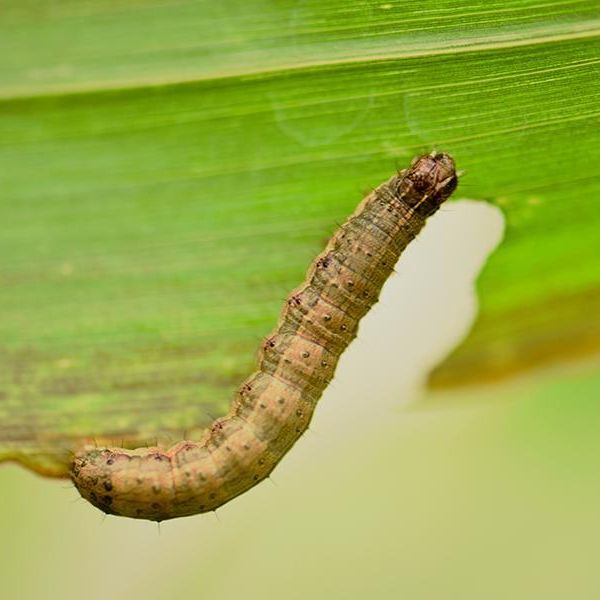
Aug 23, 2022
Flavonoids from sorghum plants kill fall armyworm pest on corn; may protect crop
Flavonoids produced by sorghum leaves have shown promising results in combating fall armyworm larvae. When sprayed on the leaves of corn, sorghum flavonoids stunt the growth of fall armyworm and often kill the pest, Penn State researchers report in a new study.
Full Article
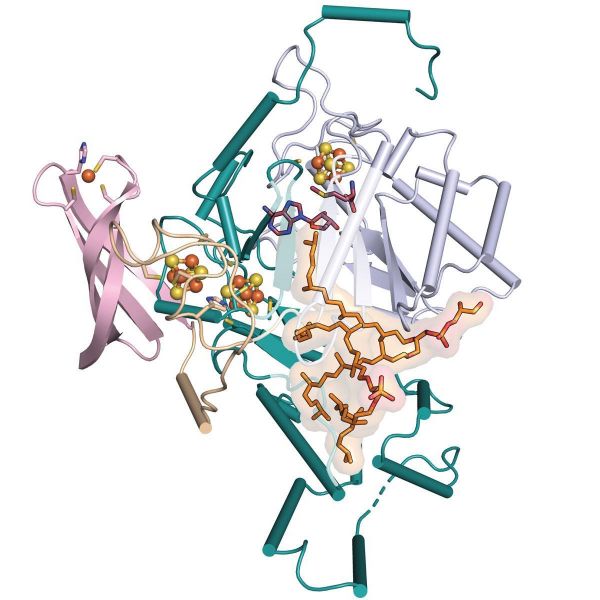
Aug 22, 2022
Revealed missing step in lipid formation could enable detection of past climate
The missing step in the formation of a lipid molecule that allows certain single-celled organisms to survive the most extreme environments on Earth has now been deciphered.
Full Article
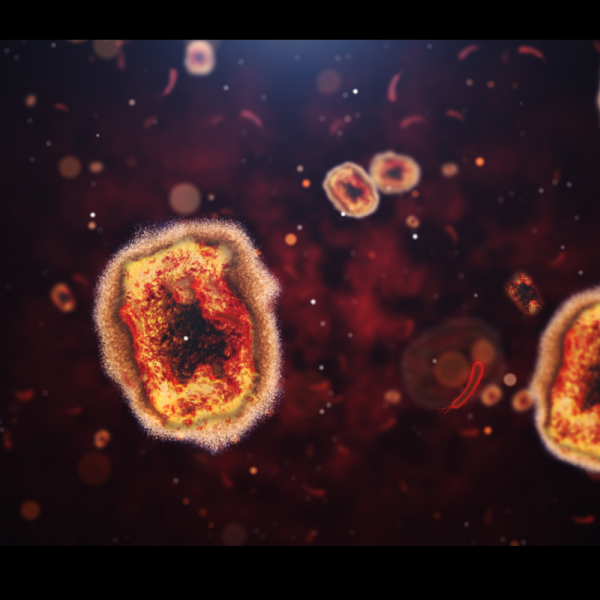
Aug 19, 2022
What do I need to know about monkeypox now?
More than 10,000 cases of monkeypox have been reported in the United States since May, triggering the U.S. Department of Health and Human Services to declare the outbreak a public-health emergency.
Full Article
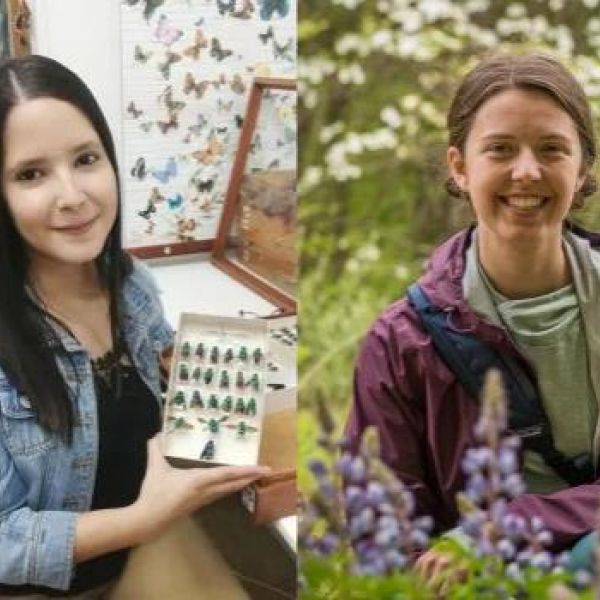
Aug 19, 2022
Graduate students in entomology and ecology win prestigious fellowships
Two graduate students who work in the laboratory of an entomology faculty member in Penn State's College of Agricultural Sciences recently received prestigious fellowships to further their graduate education and research.
Full Article
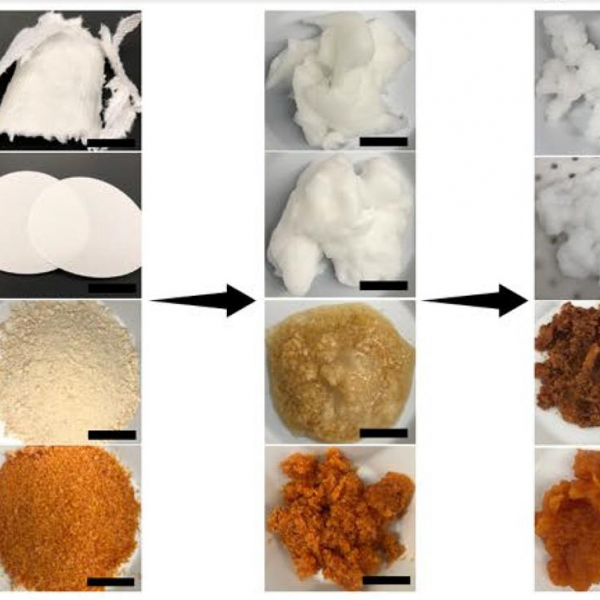
Aug 18, 2022
Compost to computer: Bio-based materials used to salvage rare earth elements
Penn State researchers used micro- and nanoparticles created from the organic materials to capture rare earth elements from aqueous solutions.
Full Article
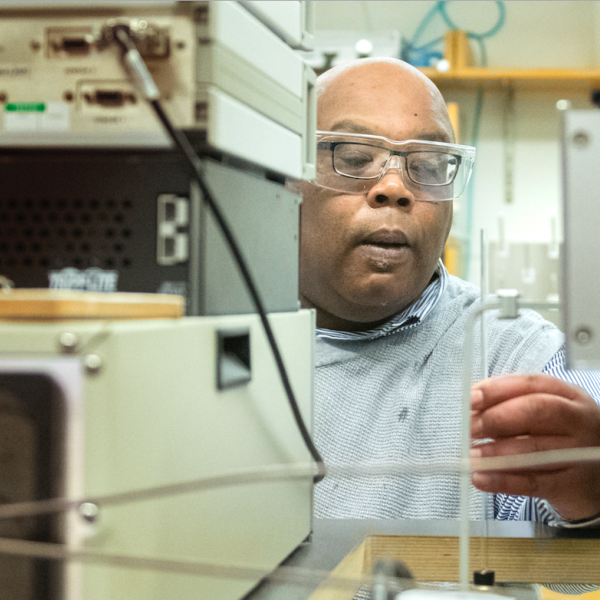
Aug 18, 2022
Booker honored by American Society for Biochemistry and Molecular Biology
Squire J. Booker, Evan Pugh Professor of Chemistry and of Biochemistry and Molecular Biology at Penn State, holder of the Eberly Family Distinguished Chair in Science, and investigator with the Howard Hughes Medical Institute, has been awarded the ASBMB-Merck Award and the Ruth Kirschstein Diversity in Science Award from the American Society of Biochemistry and Molecular Biology (ASBMB)
Full Article
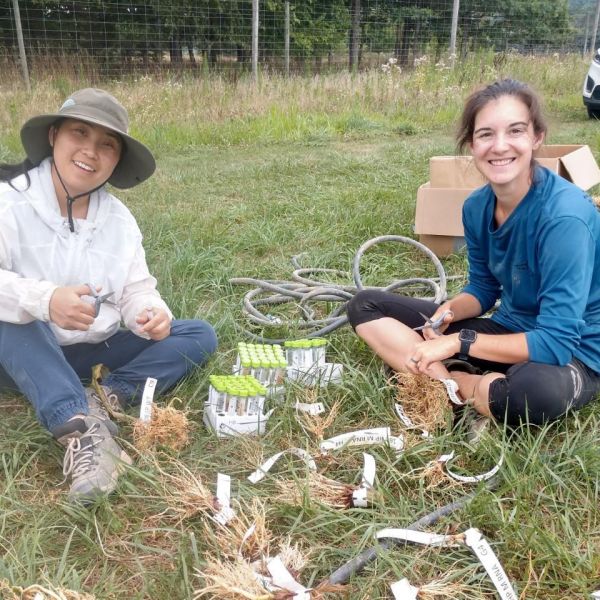
Aug 18, 2022
Researchers get USDA-NIFA grant to study corn plant nutrient-use efficiency
A research team led by a Penn State plant scientist has received a $650,000 grant from the U.S. Department of Agriculture’s National Institute of Food and Agriculture to study the functions of key plant genes responsible for regulating the acquisition and use of nitrogen and phosphorus in corn hybrids.
Full Article
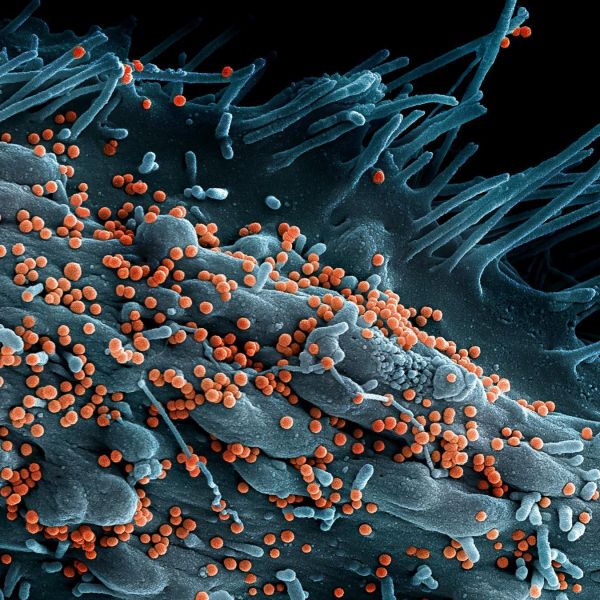
Aug 16, 2022
Penn State research team will study Lassa virus spread in Nigeria
A team of researchers led by Penn State has been awarded $4 million from the National Science Foundation to investigate the elements that lead to the spread of Lassa virus from rodents to humans in Nigeria.
Full Article
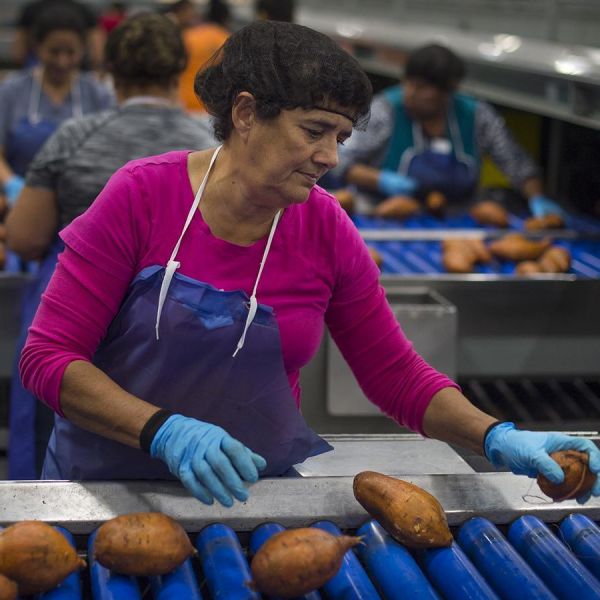
Aug 16, 2022
Pulsed light technology effectively kills harmful pathogens in new study
A light-based, food sanitization technique successfully eliminated multiple harmful pathogens in a new study carried out by Penn State researchers.
Full Article
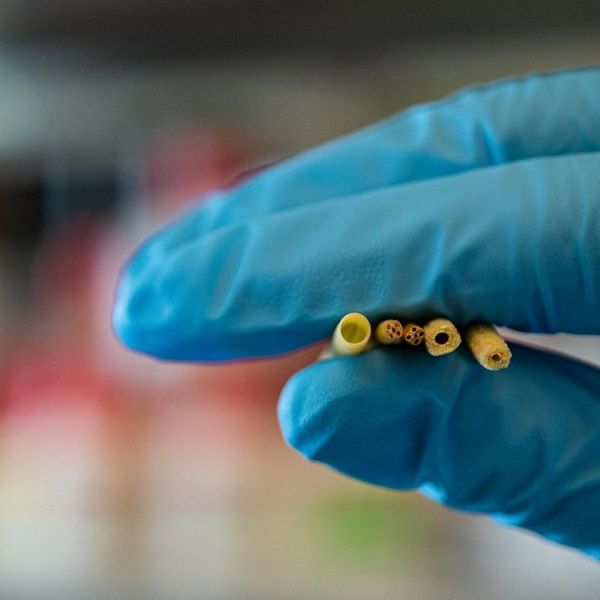
Aug 16, 2022
Researchers to develop scaffolding for nerve regeneration with $2.14M NIH grant
Peripheral nerves are responsible for moving muscles, sensing temperatures and even inhaling and exhaling; yet they comprise fragile fibers vulnerable to disease and injury.
Full Article